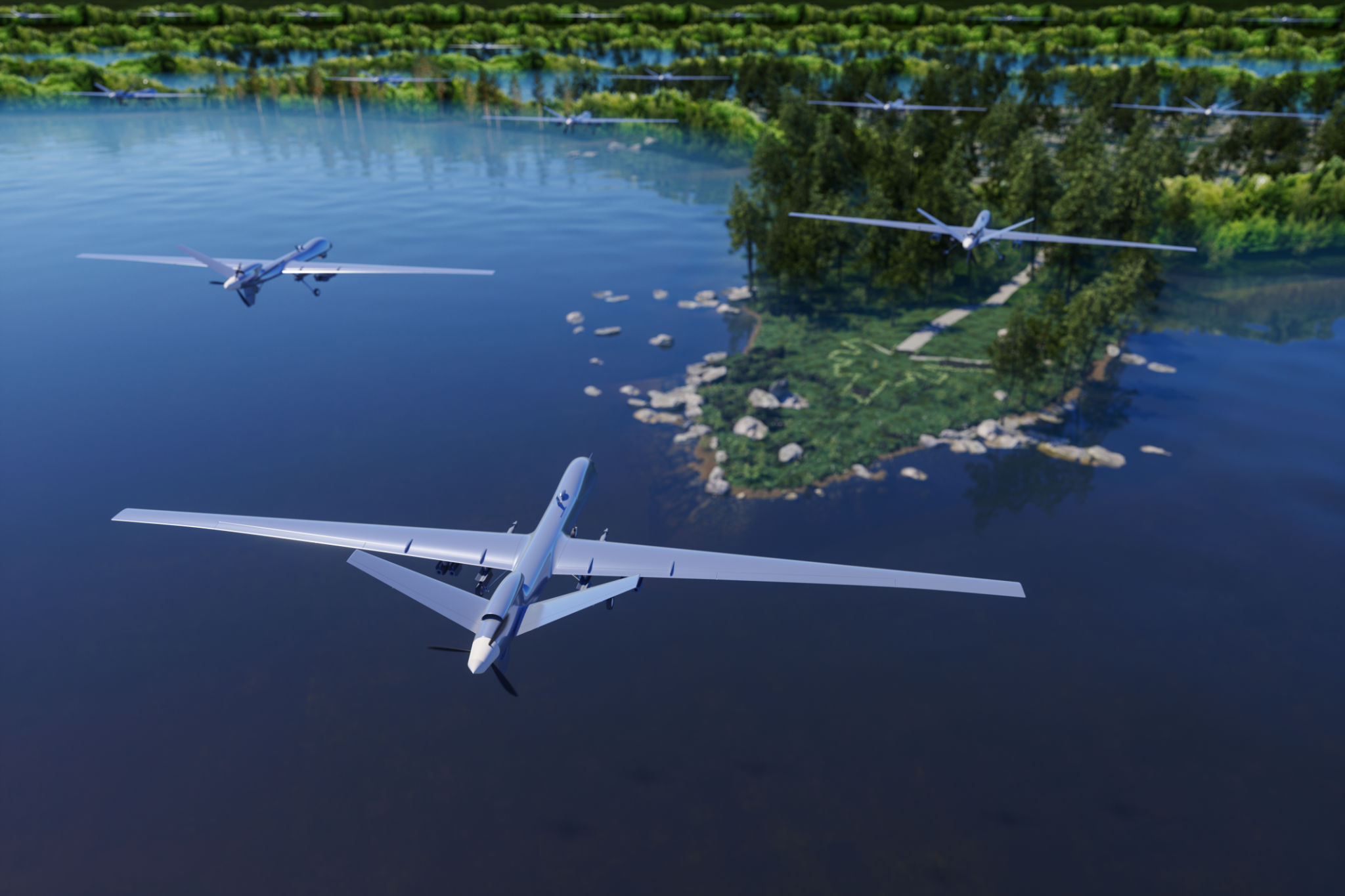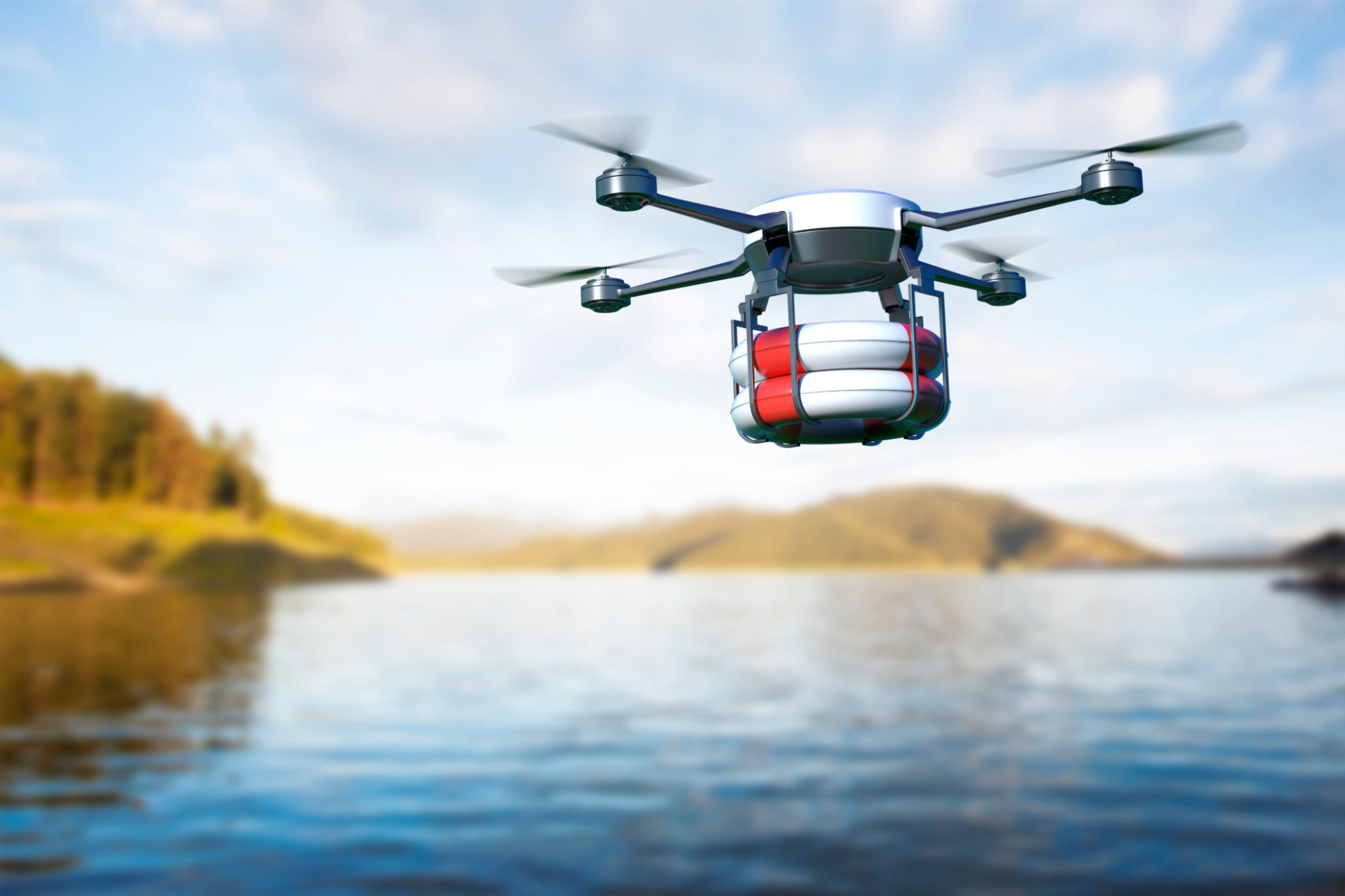Unveiling the Benefits of Drone Technology for Marine Professionals
KZ
Introduction to Drone Technology in Marine Industry
The marine industry has always been at the forefront of technological advancements, and drone technology is no exception. As the need for precise and efficient operations grows, drones are becoming an indispensable tool for marine professionals. From conducting surveys to monitoring wildlife, these aerial devices are revolutionizing maritime tasks, enhancing safety, and reducing operational costs.

Enhanced Data Collection and Surveying
One of the primary benefits of drone technology in the marine sector is enhanced data collection. Drones equipped with high-resolution cameras and sensors can capture detailed imagery and data from previously inaccessible areas. This capability is particularly beneficial for hydrographic surveying, where precise data collection is crucial. With drones, marine professionals can conduct surveys more quickly and accurately, ensuring that they gather high-quality data for analysis.
Additionally, the ability to conduct real-time monitoring allows for immediate decision-making. This feature is invaluable for tasks such as mapping coastal areas, inspecting offshore structures, and assessing environmental impacts.
Improved Safety Standards
Safety is a top priority in the marine industry, and drones contribute significantly to enhancing safety standards. By utilizing drones for inspections and surveillance, marine professionals can minimize the risks associated with manned operations in hazardous environments. For instance, drones can inspect ships and offshore platforms without the need for personnel to physically enter dangerous areas.

This not only reduces the potential for accidents but also decreases downtime, as inspections can be carried out swiftly and efficiently. Moreover, drones can help in search and rescue missions by providing aerial views of vast areas, thereby increasing the chances of locating individuals in distress.
Cost-Effective Operations
Another significant advantage of drone technology is its cost-effectiveness. Traditional methods of surveying and monitoring often require substantial resources and manpower. In contrast, drones offer a more affordable solution by reducing the need for expensive equipment and large crews.
- Lower operational costs due to reduced manpower requirements.
- Minimized equipment expenses as drones can replace bulky machinery.
- Decreased maintenance costs through regular and efficient inspections.

By incorporating drones into their operations, marine professionals can allocate resources more efficiently, focusing on other critical aspects of their businesses.
Environmental Monitoring and Conservation
Drones play a vital role in environmental monitoring and conservation efforts within the marine industry. They enable marine biologists and ecologists to collect data on marine life populations, track migrations, and monitor changes in ecosystems. This information is crucial for developing strategies to protect endangered species and preserve marine habitats.
Furthermore, drones equipped with specialized sensors can detect pollutants or changes in water quality, facilitating rapid response to environmental threats. This proactive approach helps in maintaining the health of our oceans and ensuring sustainable practices.
Conclusion
The integration of drone technology into the marine sector offers numerous benefits that are transforming how professionals conduct their operations. From improved data collection to enhanced safety standards and cost-effective solutions, drones are becoming essential tools for modern maritime activities. As technology continues to evolve, the potential applications of drones in the marine industry will undoubtedly expand, further solidifying their role as a cornerstone of maritime innovation.